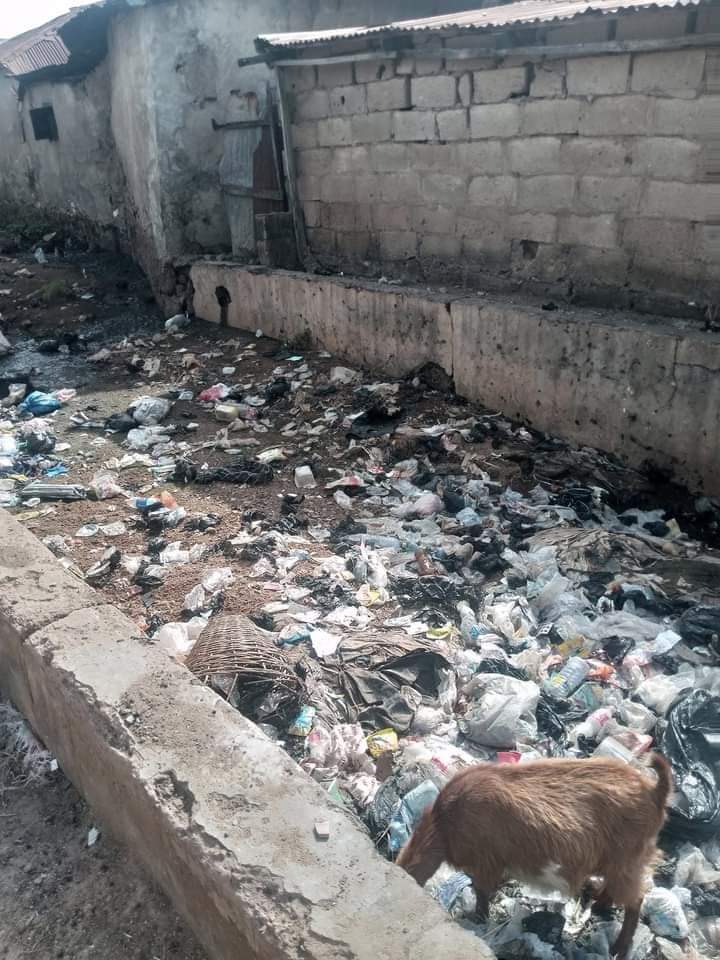Nigeria’s quest to become open defecation-free by 2030 is facing significant challenges, with physicians warning that the target is unlikely to be met without a drastic increase in toilet availability.
Currently, over 48 million Nigerians still practice open defecation, with many public toilets being unaffordable and unavailable. Physicians are emphasizing the need for a return of sanitary officers to ensure every household has access to functional toilets.
Open defecation has been a major concern in Nigeria for the past 25 years, with the country ranking second globally in terms of the number of people practicing open defecation.
In 2016, the Federal Government and UNICEF developed a national roadmap to make Nigeria open defecation-free by 2025, but this target has since been pushed back to 2030.
To achieve this goal, the government is intensifying its collaboration with the National Youth Service Corps to drive the Clean Nigeria Campaign. However, physicians like Professor Tanimola Akande are skeptical about the feasibility of the target, citing the high rate of open defecation and the need for increased commitment from the government and individuals.
Professor Best Ordinioha suggests that while the 2030 goal is achievable, it requires deliberate effort from the government, aided by non-governmental organizations and UNICEF. He emphasizes the need for social marketing of toilet facilities and innovative strategies to promote toilet use.

